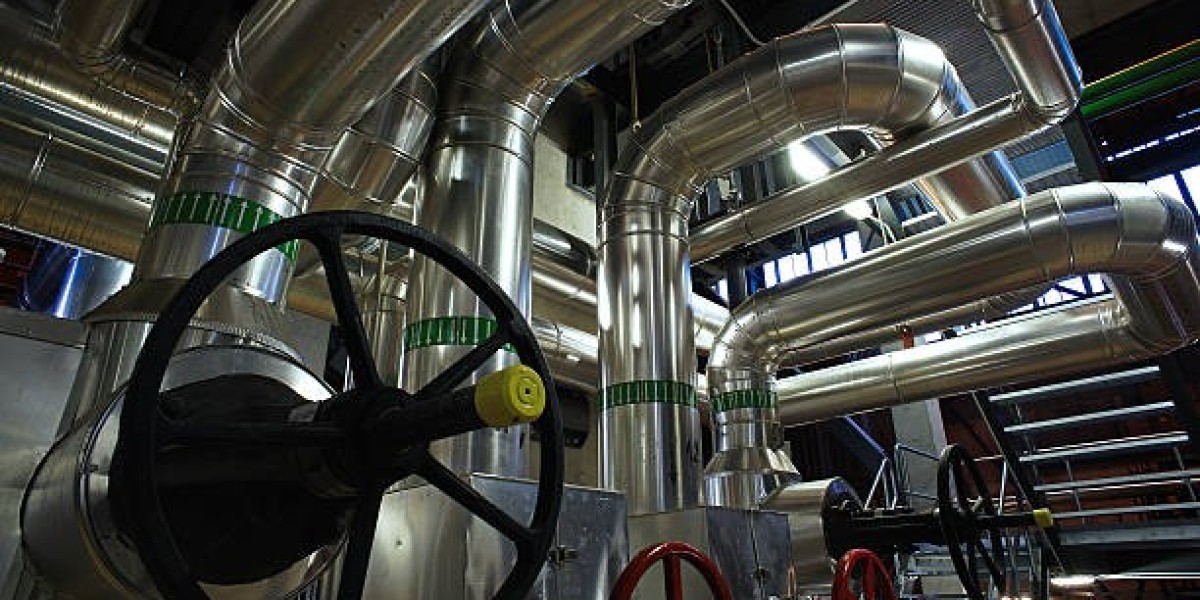From skyscrapers to factories, piping systems are essential elements of infrastructure. They carry water, gas, oil, steam, and other materials that keep operations moving. Efficient and reliable piping systems require the right support to maintain safety, performance, and durability. Comprehensive pipe support solutions are the hidden framework that helps piping systems perform at their best, regardless of the setting.
The Backbone of Piping Infrastructure
Piping systems serve as arteries in modern construction and industry. They connect resources to the places where they are needed. A strong design not only ensures smooth operation but also protects against failures that can be costly or dangerous. Pipe supports provide balance and stability, ensuring the system functions under pressure, temperature shifts, and environmental stress.
Residential Applications of Piping Systems
In homes, piping systems deliver safe drinking water, manage drainage, and support heating and cooling. While residential pipes may not carry extreme loads like industrial ones, they still need proper support. Without it, residents can face leaks, water damage, and costly repairs. Pipe supports keep household systems aligned, reducing strain and extending their service life.
Commercial Dependence on Reliable Support
Commercial facilities such as hotels, hospitals, and shopping centers rely on complex piping networks. These systems support fire suppression, HVAC, and water supply. Pipe supports are essential to prevent misalignment, noise, and inefficiencies in such high-demand environments. When supports are engineered correctly, they reduce downtime, ensuring smooth operations for businesses and public services.
Industrial Demands and Pipe Supports
Industrial piping systems are exposed to some of the harshest conditions. Power plants, oil refineries, and chemical plants operate with extreme heat, pressure, and corrosive materials. Pipe supports in these environments are not optional—they are critical. They help systems handle stress while maintaining compliance with safety standards. Proper supports protect both the facility and its workforce.
The Risks of Inadequate Support
Neglecting proper support leads to multiple challenges, including:
Excessive vibration causing fatigue cracks.
Sagging that places stress on joints.
Noise that signals strain or misalignment.
Higher maintenance costs from premature wear.
These risks reduce system reliability and increase safety hazards, making comprehensive support a must-have for every project.
Advancements in Pipe Support Technology
The future of piping systems includes innovative support solutions. Adjustable spring hangers, vibration isolators, and seismic supports are designed to handle dynamic environments. Digital monitoring tools now provide real-time feedback on stress, temperature, and movement, allowing teams to prevent issues before they escalate. These innovations represent a major step forward in maintaining efficient and long-lasting piping systems.
Building Sustainable Piping Networks
Sustainability is now a priority in infrastructure planning. Pipe supports play a role by extending system lifespans, reducing energy waste, and limiting material replacement. By ensuring systems run efficiently, supports contribute to environmentally responsible practices while lowering long-term operational costs.
Conclusion
Piping systems are indispensable to residential, commercial, and industrial projects. Their performance and longevity rely on strong pipe support solutions that provide stability and efficiency. By integrating modern technologies and sustainable practices, piping systems can meet today’s demands while preparing for tomorrow’s challenges.








